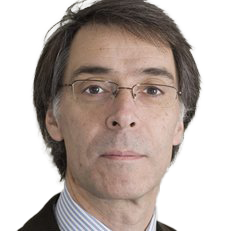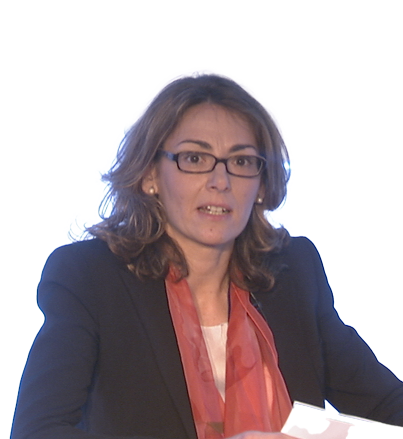To access AIS Channel content, please allow all cookies. Please click here to configure your preferences.
In the introduction, Richard Heald, a world-renowned specialist in rectal cancer surgery, highlighted, among other things, the importance of the transanal technique, the progress that it represents in low rectal cancer, and its benefits in certain cases due to specific pelvic anatomy.
Steven Wexner, the Head of the Digestive Disease Center and Colorectal surgery department at the Cleveland Clinic, chaired the following presentations and debates in which a group of expert gastroenterologists and radiologists discussed the guidelines to follow for diagnosis and tumor staging, covering the following topics:
Antoni Castells, Head of the Clinic Institute of Digestive and Metabolic Disease (ICMDM) at the Hospital Clinic in Barcelona, examined, together with the oncologists Cristina Nadal (Hospital Clinic) and Robert Glynne-Jones (Mount Vernon Cancer Center) the various chemotherapy and preoperative radiotherapy options in rectal cancer, as well as which treatment should be selected and why, and the current trends based on the latest studies at the European and global level.
Then a live surgery was performed: a Cecil approach to rectal cancer. Joep Knol (Belgium) and Patricia Sylla (United States) provided a step-by-step description of the procedure. While the surgery was being performed by Antonio Lacy and his team, the experts commented on several matters, such as technical considerations, main steps and some controversies regarding the operation.
Meanwhile, they received queries from online viewers which were answered from the main set and from the operating theatre.
After removing the surgical specimen, the pathologists Maria Cuatrecasas (Hospital Clinic), Mariana Berho (Cleveland Clinic) and Philip Quirke (United Kingdom) proceeded to perform the initial analysis of the specimen in the operating room, focusing on the characteristics and quality of the mesorectum.
After surgery other topics of interest were discussed, such as Routine Genetic Counseling for Rectal Cancer Patients by Francesc Balaguer (Hospital Clinic), postoperative treatment based on pre-op staging vs pathological examination by Jaume Capdevila (Vall d’ Hebron) and finally the pathology audit regarding the standardisation of pathological evaluation, the surgical margin and molecular lymph node assessment.
Finally Steven Wexner made some final statements and spoke about the importance of training for TaTME and its key elements.
Richard Heald and Antonio Lacy then made the closing remarks, bringing the event to its end.








